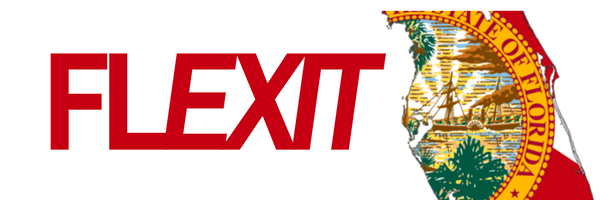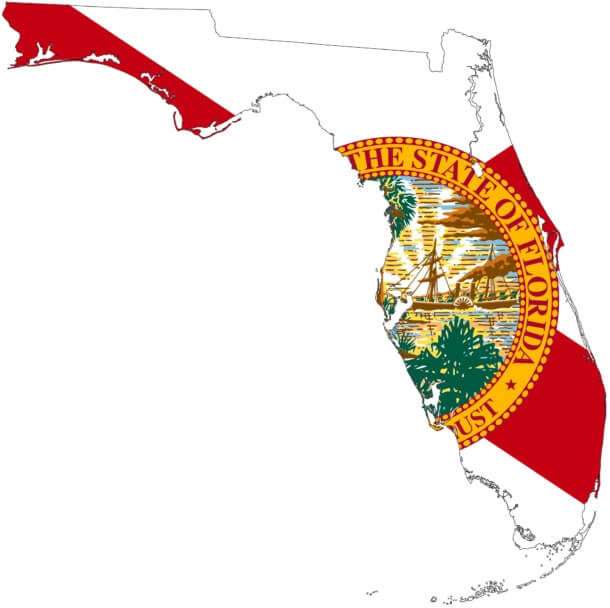We’re seeing a huge uptick in provinces and territories seeking independence from their parent countries all over the globe. I already wrote about Catalonia— a dramatic situation that is still ongoing — but they are by no means the only ones. And with these attempts to make new sovereign nations, lovers of liberty are faced with some hard truths about other people’s choices.
Around the World
Iraqi Kurdistan is similar to Catalonia in that it enjoys a measure of relative autonomy within the Iraqi state. It has also spent a long time chafing under the rule of one country or another, including the Ottoman empire, the British empire, and Iraq. Unlike Catalonia, the Kurds have actually mounted armed revolts a few times, and each one was put down savagely.
Even Scotland wants another bite at the freedom cherry.
Earlier this week, though, they tried a different tactic: voting. In a regional referendum, Iraqi Kurds and non-Kurds alike overwhelmingly voted for secession. Haider al-Abadi, the Iraqi prime minister, is apparently unhappy with the outcome as he’s called for the result to be canceled. Baghdad has also canceled international flights into the region.
Again, I can understand why Iraq wouldn’t want to let go of the Kurdistan region as it’s very rich in oil. In fact, the Iraqi parliament has asked the prime minister to deploy troops to the region to bring the residents under control. The Kurds themselves have taken up arms in preparation. And with the outside influences of the international community, both for and against independence, it’s all becoming quite a mess.
The Flanders region of Belgium has been agitating for independence for some time. Like the Catalans, the Flemish have their own language and their own national identity separate from Belgium. Unlike Catalonia, which enjoys widespread support for its secession by the European community, Flanders has been labeled as being divisive and “threatening instability.”
Belgium is also not thrilled with the Flemish independence movement. But, then again, the Flemish independence movement has roots that go back as far as 1788, and Flanders has yet to gain its independence. Also like Catalonia, Flanders is one of the wealthiest parts of Belgium. Of course they don’t want to let that go.
Even Scotland, which had previously rejected independence from Great Britain in 2014, wants another bite at the freedom cherry and has issued a request for a second independence referendum. Apparently, the Scots ultimately rejected independence previously because they wanted to stay in the EU. Now that Brexit has happened, their whole reason for staying is gone.
Great Britain has in the past gone to great lengths to hold onto Scotland. While I have every expectation that the British government will actually allow the second referendum — after all, they allowed the first one — that doesn’t mean the British government will be especially happy about it. They’re busy figuring out how to deal with Brexit, and the last thing they need is their country fracturing apart.
Not Your Decision
There’s no way to know right now if Spain, Iraq, Belgium, or Great Britain will eventually let these provinces go peacefully, and if they do, there’s no way to know for sure what sort of government these peoples will choose for themselves. Spain and Great Britain have, in recent past, favored heavy government involvement in most, if not all, aspects of everyday life, and there’s no reason to expect that Scotland and Catalonia won’t skew heavily toward socialism themselves. Flanders has expressed interest in remaining in the EU, though not blind allegiance to it, and many in Europe have labeled their political leanings as “far right.” And with all of the various international pressures on Kurdistan, there’s no telling how they’ll go if they gain independence. Indeed, one of the main criticisms I’ve heard of these provinces seeking independence is that they’ll choose a form of government that freedom-lovers would not approve of.
I understand. I don’t want to see another socialist nation born any more than any other free-market advocate would. And it is truly galling to see others choose an oppressive yoke for themselves. But if we truly believe in individual liberty, we cannot take away agency because we fear someone might make the wrong choice. Self-determination is a scary thing. It means trusting, even when we feel their decision is wrong. We should no more prevent a new country from forming on the grounds that they may choose socialism than we should prevent the legalization of medical marijuana because someone might use it to get high recreationally.
If we would deny freedom based on the prediction of a wrong decision, how are we any better than the authoritarians we struggle against here at home?
That, my friends, is just something we’re going to have to get over. These peoples have decided that their current governments do not adequately represent them. They want a government that does, so they’re trying to make their own. And there’s nothing wrong with that. That they may choose a government that we wouldn’t is entirely secondary to the point of their seeking independence.
And yes, if these peoples elect for a socialistic — or otherwise authoritarian — form of government, that wouldn’t be ideal. And, naturally, we should do our best to spread the message of free markets and free people as far and as wide as we possibly can, including these possible new nations.


